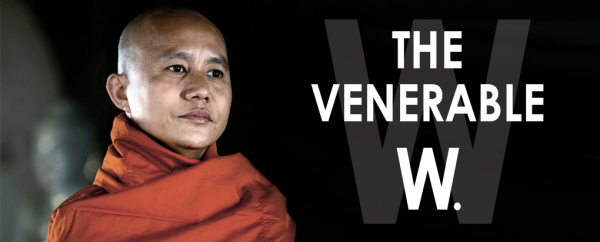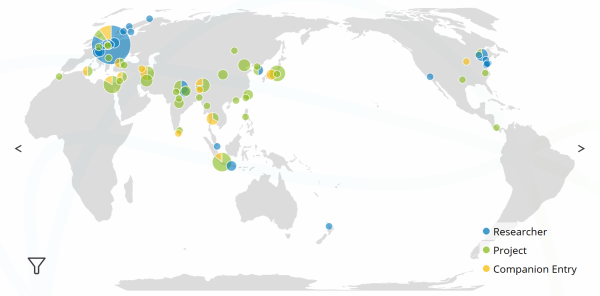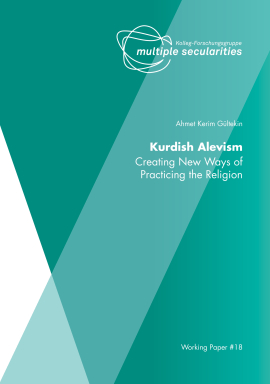|
If the newsletter does not display properly, please click here. |

|
|
|
|
|
Dear colleagues and friends, it has been around six months since you have received our last regular Newsletter. We have not been idle in the meantime, on the opposite we had prepared for and finally succesfully managed the application for another four years of funding beginning in April 2020. We would like to thank everyone who supported us over the last four years and hope for more opportunities for fruitful cooperation and collaboration in the upcoming second period of our KFG. This newsletter is packed with information to give you an idea of what we have accomplished in the last months and a preview of what is to come. You can find more detailed information on our website as usual. We wish you all the best for the new year, enjoy the reading! |
|
CfA I: Two PostDoc PositionsWe are looking for two scholars for full-time post-doctoral positions (TV-L E 13), from May 2020 to March 2024. The PostDocs shall each work on a research project of their own choice that relates directly to the centre’s overarching research programme and the Multiple Secularities approach, as well as contribute to the further development of this approach itself. Thus, all applicants should fulfil the following requirements:
Additionally, applicants should have research experience in Historical Sociology and in qualitative methodology (Post-doc I) or have empirical research experience in the (historical) study of religion and in questions of the materiality of the religious and the secular (Post-doc II).
|
|
CfA II: Fellowships for Senior ResearchersWe are looking for Senior Research Fellows from April 2020 onwards. Based on the hypothesis that drawing boundaries between the religious and the non-religious is neither an exclusive sign of modernity nor the ‘West’, we have yet explored corresponding emic taxonomies, forms of institutional differentiation and modes of demarcation in different eras and areas especially in the Islamicate World and several regions in Central, East, South and Southeast Asia. In the second funding phase, starting in 2020, we will regionally focus on the Americas, sub-Saharan Africa, Western Europe, Eastern Europe, and Israel. Systematically, we especially want to shed light on the following aspects:
Fellowships will be awarded for periods between 6 and 12 months, in exceptional cases shorter stays (at least 2 months) will be possible as well. The scholarship amount depends on the scholar’s status.
|
|

|
|
Screening Religion vol. 9: "The Venerable W" 15 January 2020, 7 p.m. +++ Location: Cinématèque in der nato, Karl-Liebknecht-Straße 46 +++ Free admission, donations welcome France/Switzerland 2017, Burmese with English subtitles Since November, the International Criminal Court in The Hague has been investigating Myanmar for crimes against humanity and is examining whether the systematic violence against the Rohingya and their deportation by the Burmese military must be classified as genocide. Against this background, "The Venerable W." gains special topicality: The documentary film by Barbet Schroeder penetrates deeply into the psychology of Ashin Wirathu, a respected and influential Buddhist monk and ideological leader of a radical anti-Muslim movement who preaches hatred against the Rohingya. There will be a Q&A after the film.
|
|
Companion to the Study of SecularityOur Companion to the Study of Secularity has grown by eleven entries since June 2019: Spatial Media of Secularity by Adrian Hermann Secularisation through Legal Modernisation in the MENA-Region by Saïd Amir Arjomand Persianate Islam and the Secularity of Kingship by Saïd Amir Arjomand Islam and the State in Indonesia from a Legal Perspective
by Muchamad Ali Safa'at Science and Religion in the Modern West by Silke Gülker Secularism, Secularity and Islamic Reformism by Florian Zemmin Religion and Medicine in Mazdaznan by Bernadett Bigalke Secularity in the Premodern Islamic World by Neguin Yavari Secularity in the Syro-Lebanese Press in the 19th Century by Mohammad Magout Narratives of Secularity in 20th-Century India by Sushmita Nath Buddhism and Politics in the Tibetan Cultural Area by Dagmar Schwerk |
|

|
|

|
|
|
Our Senior Research Fellow Dagmar Schwerk gave a detailed interview to Ngoc Le from the Canadian Journal of Buddhist Studies News Blog. A major part of the interview is dedicated to Dagmar's experiences in our group and the influence it had on her work. We highly recommend to read the complete interview.
|
|
|
Kolleg-Forschungsgruppe "Multiple Secularities - Beyond the West, Beyond Modernities" Nikolaistraße 8-10, 04109 Leipzig Mail: multiple-secularities@uni-leipzig.de |
